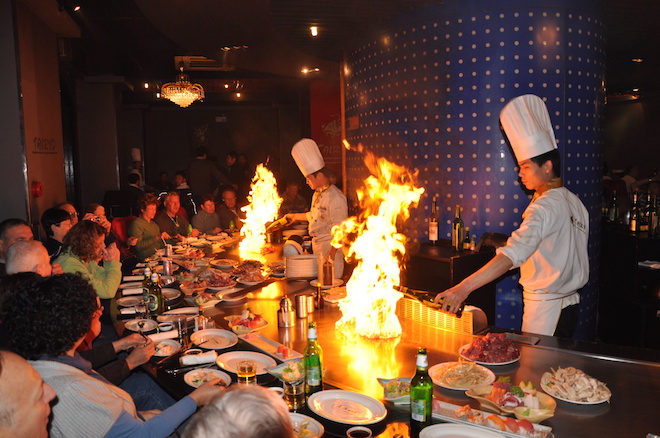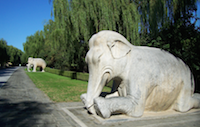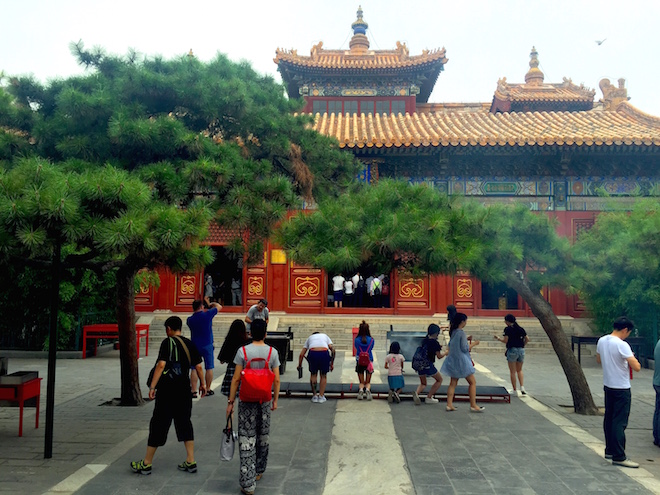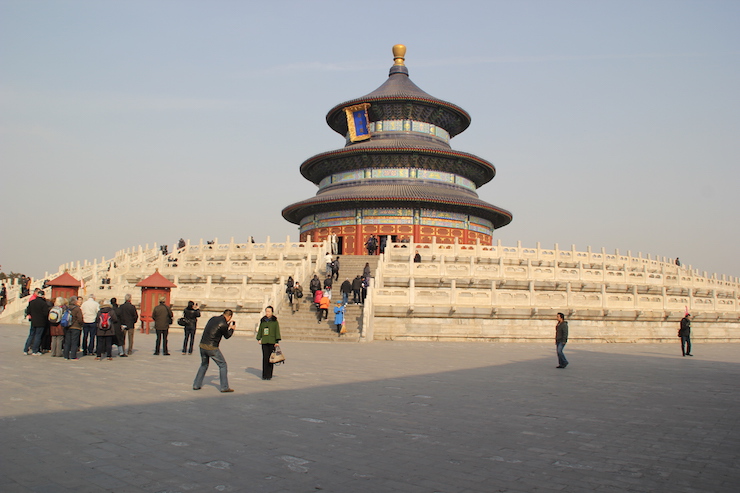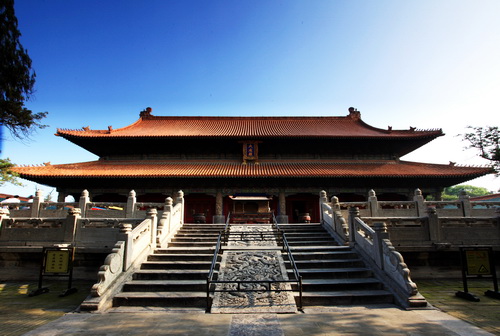|
Dazhalan Pedestrain Street
During the Ming and Qing dynasties, a curfew was frequently imposed at night. Barriers (zhalan) erected at both ends of streets and alleys were closed as soon as the curfew came into effect, making passage impossible. According to the imperially commissioned Record of the Major Events of the Great Qing Dynasty, there were more than 1,090 barriers erected in the Inner City area as well as 196 inside the Imperial (Manchu) City. Dazhalan was one of these 1,200-old structures, and although the barrier itself is gone, its name has remained.
Dazhalan, literally the "Great Fence," was from early times the site of a busy market. In the years of Emperor Yongle (reigned 1403-1424), it was crowded with shops, and as trading in the city became concentrated around the Zhengyangmen area, Dazhalan developed into a popular market. In 1900, when the Eight-Power Allied Forces attacked Beijing, Dazhalan was reduced to a heap of rubble, although it was quickly rebuilt as it stands today.
Features: There are 37 shops and service establishments in the only 270 meters-long and nine meters-wide Dazhalan Street. Many of the specialty shops still exist, for example, the Tongrentang Traditional Medicine Shop, which has manufactured pills, powders and ointments since 1669; the old Juyuan Hat Shop, now called the Dongsheng Hat Shop, opened in 1811 and specialized in producing officials’ hats and satin boots for the nobility; and the famous Ruifuxiang Satin, Silk and Fur Shop, which opened in 1893. There are also the Neiliansheng Shoemaker's and the Nanyufeng Tobacco Shop, both more than 100 years old. The Xinrong General Store has a history of 80 years. These old shops enjoy a high reputation among local residents. Their continued prosperity can be traced not only to their work to develop specialties sold at fair prices. Tongrentang, for example, having supplied medicinal herbs to the imperial court, was later appointed to make up prescriptions for the emperor. During the reign of Emperor Guangxu (1875-1908). Empress Dowager Cixi ordered the shop to produce all the medicines used by the imperial court. During the Qing Dynasty, the Neiliansheng Shoemaker’s kept careful records of boot sizes and preferred styles of all the military and civil officials who shopped there. If an official wished to have a pair of boots made, he merely sent a note to the shop and a pair of perfectly fitting footwear would be made to order.
|
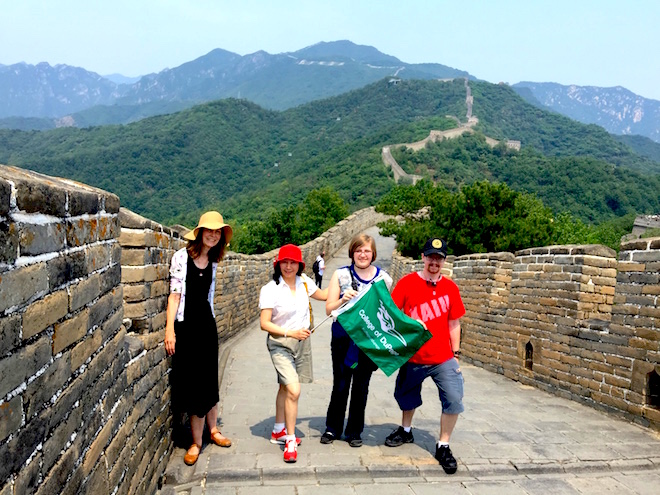 |

